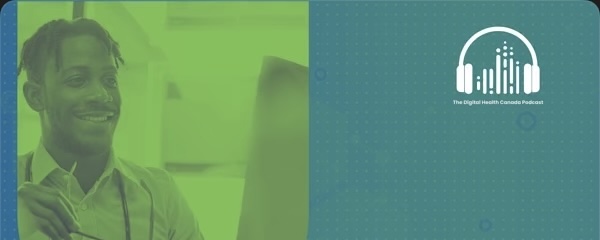




Applications are now open for our Summer Institute in Public Health Law, running June 1–5. This one-week (30-hour) online course equips you to understand and respond to key law and policy issues in public health. Grounded in accessible instruction, the program is designed for a wide range of attendees such as health professionals, administrators, public servants, researchers, lawyers, patient partners, and university students. No legal experience is required.
Class size is limited, so we encourage you to apply soon!
Read more >
Applications are now open for our Summer Institute in Public Health Law, running June 1–5. This one-week (30-hour) online course equips you to understand and respond to key law and policy issues in public health. Grounded in accessible instruction, the program is designed for a wide range of attendees such as health professionals, administrators, public servants, researchers, lawyers, patient partners, and university students. No legal experience is required.
Class size is limited, so we encourage you to apply soon!
Read more >

Examining Canada’s medical inadmissibility regime, with a focus on the exclusion of immigrants deemed to pose an “excessive demand” on health and social services.

What does it take to protect a key strategic asset—our health data—in an era of accelerating AI? This episode of the Digital Health podcast explores why data sovereignty is a strategic imperative for Canada, and the digital health future we stand to build—or lose. Featuring CHLPE's Dr. Kumanan Wilson and UO Faculty of Law's Professor Michael Geist.
Hear the podcast:

From AI scribes for doctors to a new remedy for hot flashes, health science took big steps forward this year. Feat. CHLPE's Kumanan Wilson.

The Survivors Circle for Reproductive Justice and CHLPE released a report on Assisted Reproductive Technology (ART) in Canada for Indigenous survivors of forced and coerced sterilization. Informed by the experiences of survivors, the report explores the availability of ART services across Canada that provide fertility assistance for survivors. The report reviews treatment options, costs, resources available in Canada, and Indigenous cultural safety. It also explores the availability of services in the U.S. and other countries. The Survivors Circle offers a Healing Support Fund for survivors of forced and coerced sterilization which includes funding up to $30,000 for ART services.

We are pleased to announce the release today of the Canadian Academy of Health Sciences’ report on Fetal Alcohol Spectrum Disorder. This neurodevelopmental condition is a complex public health problem, and one that intersects with legal structures in important ways – from the system of child protection, to what forms of primary care and substance use care are funded and accessible, to the limitations of the criminal justice system as a response. CHLPE's Jennifer Chandler chaired a panel of experts over the past year and half, culminating in this extensive 400 page report. It integrates the results of literature and policy reviews as well as an exhaustive public and stakeholder outreach process. The Public Health Agency of Canada commissioned this report, in part to inform its response to a bill proposing a new governmental policy framework to respond to FASD.
Graduate students from CHLPE and McGill are gathering April 28-29 for our jointly held annual graduate colloquium, held this year in Montreal. Students are presenting their research in panels on health rights and equity, public health concerns, emerging healthcare issues, and ethical and legal frameworks, chaired by CHLPE and McGill faculty. Students from Ottawa attending this year include Zainab Lawal, Joackim Tamale, Emmanuel Nwatu, Diana Urian, Veronica Vered, Shreya Nair, and Lauren Hancock. Every year this event fosters collaboration, mentorship, and critical discussion on pressing challenges in health law, policy, and ethics.

We are looking for an outstanding scholar from the U.S. to join the Centre for Health Law, Policy and Ethics at the University of Ottawa, Canada for four months in 2026/27. We are the largest centre of our kind in Canada and one of the largest in the world. The chairholder will join our vibrant community of scholars, with the opportunity to interact with faculty and graduate students from law, social sciences, medicine, health sciences, management, and the arts. Our location in Canada's capital enables the chairholder to address issues of national and international significance and to network with leading policy makers and jurists.